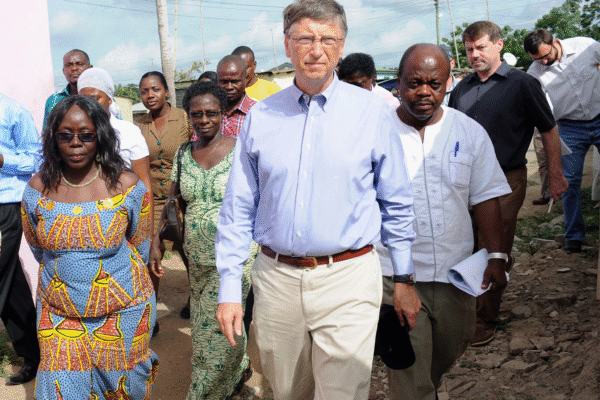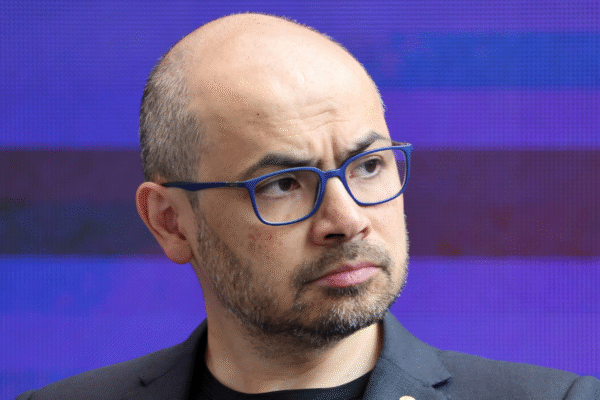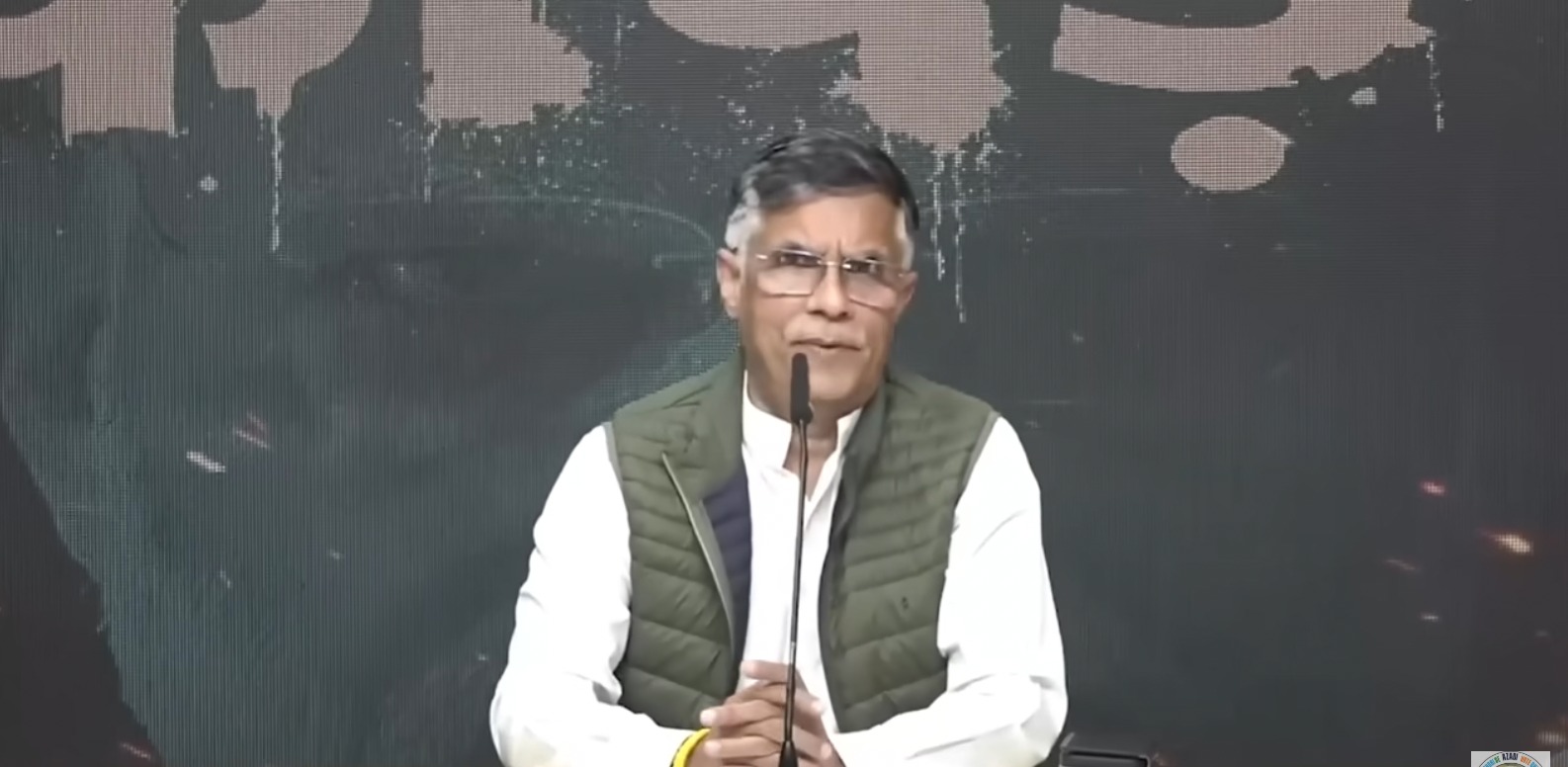

Shailesh July 20,2025
Motihari Sugar Mill: In Bihar, Prime Minister Modi’s past promises continue to trail him like a shadow — and the Motihari Sugar Mill is one of them. When he addressed a rally there on July 17, locals staged an unusual protest. Senior journalist Shailesh recounts the story of the Motihari Sugar Mill.
For decades, Bihar’s politics has revolved around caste alignments. In the 1990s, Lalu Prasad Yadav welded together a powerful bloc of backward and Dalit communities that uprooted the Congress establishment—backed at the time by Nitish Kumar and Ram Vilas Paswan. The alliance unraveled as the 2000s began. Nitish then assembled his own winning social formula, drawing heavily on Extremely Backward Classes and the most marginalized Dalit segments, and leveraged it into his 2005 rise as chief minister—a position from which he has remained electorally formidable. By 2005, the fodder scam, corruption, and the “jungle raj” law-and-order charge against Lalu dominated the discourse. These issues still surface, but they no longer cut with the same intensity.
After 1990, backward classes, Dalits, and Muslims — particularly after the demolition of the Babri Masjid — began to drift away from Congress. Around the early 2000s, the backward vote also fractured. The Extremely Backward Classes (EBCs) and the most marginalized Dalits shifted to Nitish Kumar’s camp, while Muslims and Yadavs stayed with Lalu Prasad Yadav — a grouping famously referred to as the “M-Y combination.” Later, the upper castes largely aligned with the BJP. This new alignment of Nitish with the BJP created a fresh winning equation.
Will voters who have been divided by caste loyalties for nearly 35 years now cast their votes on issues like education, employment, industrialization, and healthcare?
Prashant Kishor offers an answer:
“Since 2014, Bihar’s voters have been voting in the name of Prime Minister Modi. How many people from his (Modi’s) caste are in Bihar? Very few. This means people here are no longer voting strictly along caste lines.”
Prashant Kishor’s entire campaign is focused on establishing good schools, colleges, and universities within Bihar so that students do not have to move to other states for education. His second major issue is employment, and the third is healthcare facilities. Both Nitish Kumar and Tejashwi Yadav no longer want to give much emphasis to the narrative of jungle raj and corruption. Crime has started to rise again in Bihar, and Nitish has no clear response to it. Tejashwi, meanwhile, is trying to stay away from the shadow of his father’s tenure as chief minister.

NewsHasghag operates a 24/7 news bureau that tracks the real-time, social media-driven stories from India and around the world, keeping you ahead of the day’s key talking points. Our digital-first approach transforms storytelling through the seamless integration of data, interactive charts, video, and audio into every narrative









